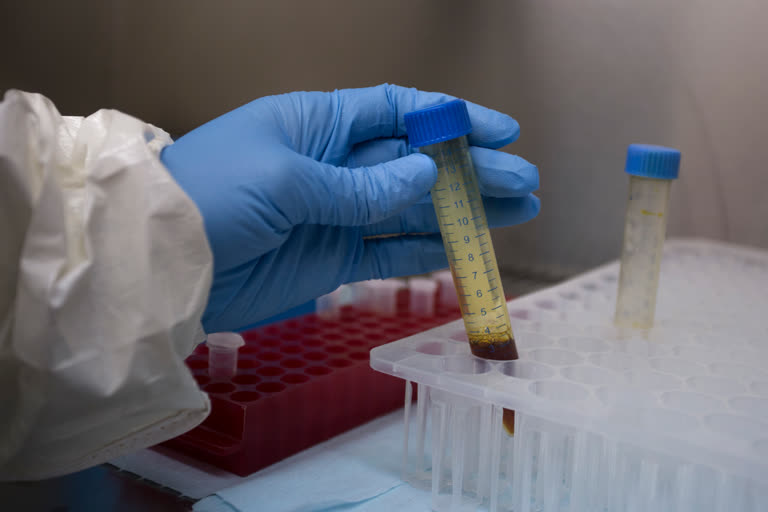Beijing: From a patient who recovered from COVID-19, scientists have isolated a pair of neutralising antibodies that could potentially block the virus responsible for the pandemic from entering into host cells.
The study, published in the journal Science, suggests that a "cocktail" containing both antibodies could provide direct therapeutic benefits for COVID-19 patients.
Read also: US okays Remdesivir for COVID-19 treatment, know all about drug
The new information detailed in the study could also aid the development of small molecule antivirals and vaccine candidates to fight the SARS-CoV-2 virus which causes COVID-19.
The twin antibodies identified by the researchers are named B38 and H4.
Read also: EU: Possible virus drug approval 'before the summer'
The study by Yan Wu from the Chinese Academy of Sciences and colleagues found that the two antibodies bind to the glycoprotein spike of the SARS-CoV-2 virus and thereby block the entry of the virus into host cells.
Preliminary tests of the two antibodies in a mouse model resulted in a reduction of virus titers, suggesting that the antibodies may offer therapeutic benefits.
The researchers found that the antibodies can each bind simultaneously to different epitopes on the spike's receptor binding domain (RBD), such that both antibodies together may confer a stronger neutralising effect than either antibody on its own -- a prediction supported by in vitro experiments.
This feature also means that should one of the viral epitopes mutate in a way that prevents the binding of one of the two antibodies, the other antibody may yet retain its neutralising activity.
IANS



